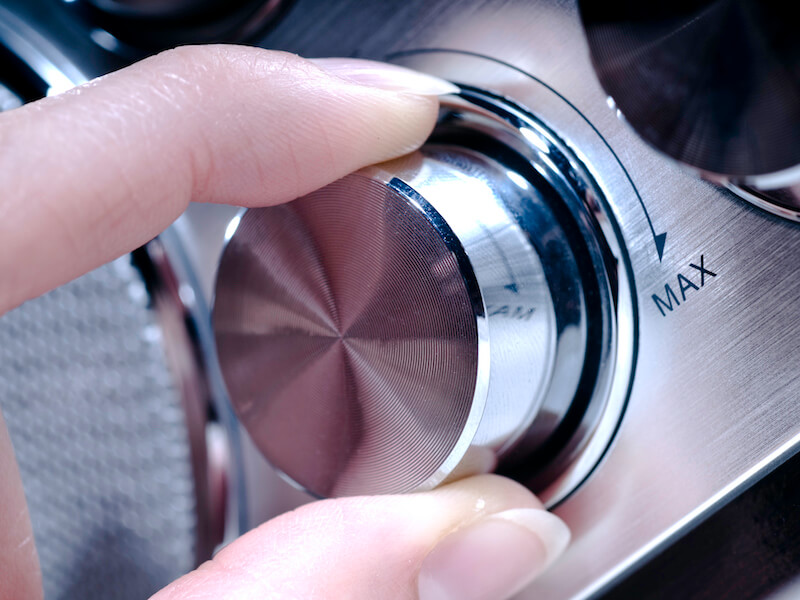
Sometimes, it’s easy to know when you require medical help. When you break a bone, for example, you know you should go to the doctor (or the emergency room, depending on the situation). You may need a splint or a cast or supportive device, but the point is that you’re not likely to try “toughing it out”. At least, not for very long (especially if you want your bones to repair themselves properly).
But with regard to hearing aids, it isn’t always so easy to identify when it’s time to get some assistance. Hearing loss typically advances really slowly over time. This means it’s not always simple to know when you might need to begin wearing hearing aids or to delay seeking treatment you know could be helpful.
That’s why it’s a good idea to keep an eye out for some particular indicators that you might be losing your ability to communicate. It’s likely time to call us for a consultation if you do detect any.
Hearing loss and hearing aids
Hearing aids are the primary method of treatment for hearing loss. But that doesn’t mean everyone who has hearing loss will instantly need a set of hearing aids. Hearing aids won’t always be beneficial in cases of mild hearing loss. Because of this, we may want you to wait before beginning to use them. In addition, you might be directed to wear hearing aids only in certain situations.
In other words, the threshold for requiring hearing aids is not always a diagnosis of hearing loss.
But in many situations hearing aids will be the best option. Many individuals won’t have their hearing loss diagnosed until it becomes more serious because hearing loss advances slowly and frequently goes unnoticed for a while. Getting your hearing assessed regularly is the key to catching hearing loss early and possibly mitigating the need for hearing aids.
And if that’s the situation, you’re most likely thinking: how can I tell if I need hearing aids?
Signs you need a hearing aid
Immediate communication issues can be the consequence of hearing loss. But a lot of times you don’t even recognize that hearing loss is the cause of those communication problems. So, at what stage will a hearing aid help you?
Watch out for these indicators:
- You’re unable to understand people on the phone: Voices usually sound a little flat on even high-quality phone speakers. If you have hearing loss, this can make it even more challenging to understand conversations. Once again, certain frequencies are missing and the result is that it’s really difficult to understand those voices.
- When people talk, you can’t always understand what they said: Many individuals don’t think they have hearing loss or need hearing aids because the total volume they hear seems fine. But the thing about hearing loss is that certain frequencies of sound often go before others. Due to this, things like vowel sounds in the higher pitches can sound distorted. This could cause you to have a difficult time making out what people are saying.
- You listen to the radio or TV at really loud volumes: If you’re continuously turning the volume up on your television or radio or smartphone, it might be due to hearing loss. If you find people around you complaining about the high volume of your devices, this is particularly true.
- You have a tough time hearing conversations in noisy places: This is probably one of the most prevalent symptoms of hearing loss. If you have difficulty hearing conversations in noisy places, that’s usually a sure sign that you have hearing loss. That’s because your brain has a hard time filling in the missing information that you lose when you have hearing impairment. A lot of conversations get muffled as a result.
So what should you do?
Obviously, you know precisely what you have to do when you break a bone! But what do you do when you start to experience the symptoms of hearing loss? How bad does hearing loss need to be to call for a hearing aid? That’s not a really easy answer but you should make an appointment with us for a hearing test if you start to detect any hearing loss symptoms. We’ll be able to evaluate the health of your hearing and find out just how serious your hearing loss may or may not be.
And if you do wind up needing hearing aids, a hearing assessment will help identify the best device for your hearing needs. Then you will be able to get back to enjoying good conversations with your friends and loved ones and doing the things you love.
Call us for a hearing test so we can help you improve your quality of life.
